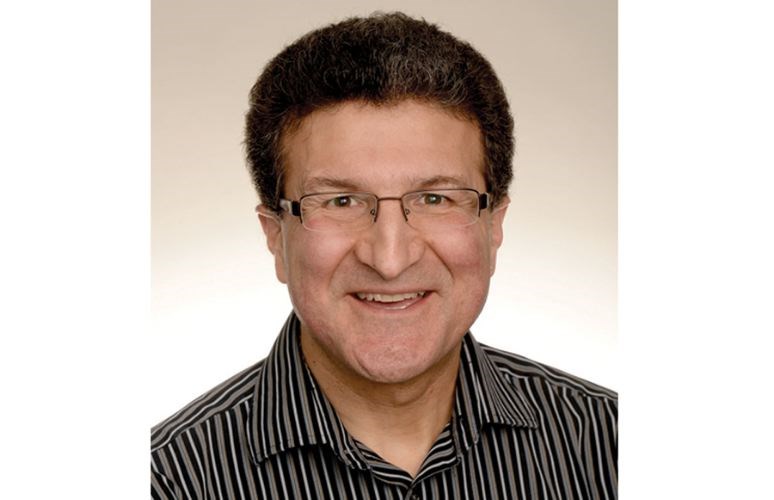Nelson Mandela is one of the most inspiring leaders of the 20th century.
In a country divided by racism ingrained in its legal system, Mandela dedicated a life to being a voice of justice. He was arrested several times, but always continued his quest.
His dream seemed to come to an end in 1962 when, as a man in his mid-forties, he was sentenced to life in prison.
Mandela was locked in a tiny cell at night, and then forced to break rocks in the bright sun. He was separated from his family and taunted by his white captors. There were times when Mandela undoubtedly fell into despair. He understood, however, that his greatest force was his power to control what no one else could touch. He was deeply inspired by the William Henley poem Invictus, meaning "unconquerable," which concludes with the line, "I am the master of my fate; I am the captain of my soul."
Instead of giving in to the humiliation he suffered and plotting revenge on white South Africa, Mandela kept his mind active and his focus clear. He learned the ways of the Afrikaner, their language, their literature, their culture.
As he prepared himself for his inevitable triumph, he chose forgiveness over hatred, understanding over judgment, and moral courage over fear.
Slowly things changed outside of his prison cell, and "Free Nelson Mandela" became a rallying cry throughout the world. When Mandela was finally released from prison in 1990, he was ready to take his place as an international leader, and was granted the Nobel Peace Prize in 1993.
South Africa held its first free elections in 1994, and Nelson Mandela was elected president at an age when most people are long retired. He was the right man for the job, bringing a message of peace and reconciliation to a country long torn apart by racial discrimination. He knew that South Africans of all ethnicities needed each other as they moved into the future.
Arguably Mandela's greatest early success as president came in 1995.
The South African national rugby team, the Springboks, had been the team of white South Africa and were despised by much of the population, as was the sport of rugby.
Mandela knew how important this team was to his compatriots and not only became a fan, he got his entire country behind the Springboks. South Africa hosted the 1995 Rugby World Cup, and when the Springboks played and defeated formidable New Zealand in the championship game, it became a victory for the entire nation. What had once been a symbol of division became a rallying point of South African unity.
Mandela went from being a political prisoner sentenced to spend the rest of his life in captivity to one of the most respected state leaders of the 20th century. He was able to do so because he first won his greatest battle, the battle of his own spirit.
He did not give in to fear or to the humiliation he suffered, he chose to be "the champion of his soul," to be unconquerable, and to achieve the greatness for which he was destined.
What is true for Nelson Mandela is true for all of us.



